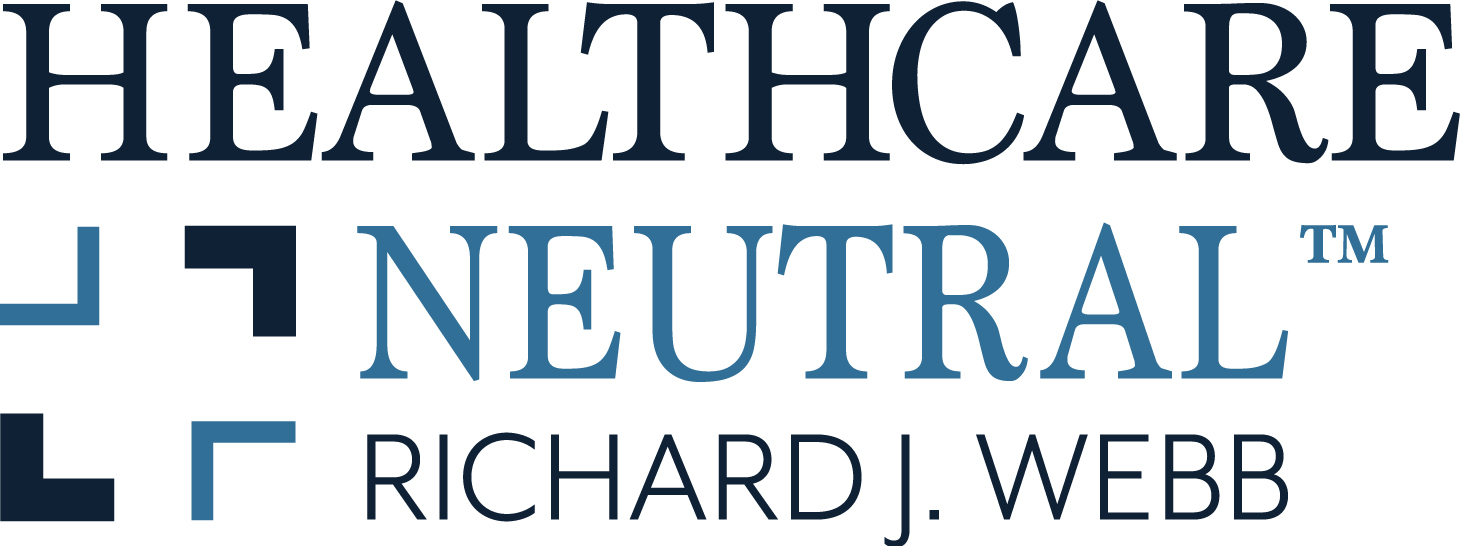
New Jersey Decision Throws Physician Owned Facilities Into Confusion
December 2, 2007
[Image: Confusion of Tongues, illustration by Gustave Dore (1832-1883)]
In a decision filed November 20, 2007, Judge Robert P. Contillo, sitting in the Superior Court, Chancery Division, Bergen County, decided cross-motions for summary judgment filed by all parties in Joseph Garcia, M.D., et al v. Healthnet of New Jersey, Inc. v. Wayne Surgical Center, LLC, et al (the “Wayne Surgical Center” case). In a very thorough, 31 page opinion, the Court disposed of numerous claims by all parties on a variety of legal theories, all of which revolved around the propriety of the billing of Healthnet\’s insured patients for same day surgery services provided at the Wayne Surgical Center by otherwise unrelated surgeons who owned investment interests in that surgi-center. Although the resolution of all of the issues was interesting and important, one aspect of the decision potentially throws into confusion the legality of physician ownership of many facilities in New Jersey to which the investor physicians make referrals.
In addition to the federal anti-kickback and Stark Law restrictions on investments by referring physicians, those practicing in New Jersey are subject to a state statute, N.J.S.A. 45:9-22.4 et seq. (commonly known as “the Cody Act”), which generally prohibits all referrals to a health care service (other than certain named modalities) in which the physician has a significant beneficial interest. Notwithstanding the apparently clear language of the Codey Act, the prevailing wisdom in New Jersey\’s healthcare community for some time has been that there is an implied exception for referrals by physicians to facilities at which the referring physician would perform the required professional service – a so called “extension of practice” exception. This view gained support in the form of an advisory opinion issued by the New Jersey Board of Medical Examiners (the agency charged with enforcing the Codey Act\’s restriction on medical practice) which seemed to endorse the notion of an exception for self-referrals. It also gained support from the presumption that ownership arrangements permitted by federal law should not, as a practical matter, have much enforcement risk under state law.
After distinguishing the NJ BME\’s advisory opinion and questioning its authority to alter statutory mandates, the Court in Wayne Surgical Center made it clear that the Codey Act prohibits all referrals by physicians to surgical centers in which they hold an investment interest. Although the Court found that the investor physicians in this case reasonably believed their referrals were proper at the time (based on the prevailing industry view), and thus dismissed Healthnet\’s claims of billing fraud, the unstated conclusion of the opinion seems to be that all future referrals by the physician -owners of Wayne Surgical Center may risk exposure to such claims (that is, that the Court\’s decision effectively puts them “on notice”). Presumably, the same could be said of any other physician-investor at another New Jersey facility who has notice of this Court\’s decision. Although it is only a trial court opinion, and is subject to appeal, it appears to me that the Court\’s reasoning in the Wayne Surgical Center opinion will be difficult to escape.
Rumors abound about the fallout from this decision. Are all physician-owners\’ referrals at risk immediately? Are hospital-physician joint ventures at risk, or do they remain protected by the NJ BME advisory opinion (which the Court distinguished, in part, based on hospital involvement in that situation)? Will emergency legislation be passed to “correct” this result? Can anything be done by the NJ BME? Does the Wayne Surgical Center opinion constitute the kind of event that triggers a “regulatory jeopardy” provision in existing deal documents? Time (and I think not much time) will tell.
Meanwhile, Congressman Pete Stark recently told David Whelan, as reported in Forbes.com, that he regrets having written the law that commonly bears his name. I first saw mention of this in Robert Laszewski\’s post in the Health Care Policy and Marketplace Review, and just had to read it. Apparently, Congressman Stark now recognizes that he has created a Byzantine morass of laws, regulations and advisories, but seems surprised that healthcare providers and their lawyers have been working hard to do business while complying with the law, calling such efforts the pursuit of “loopholes”. Don\’t expect much relief from the Stark law anytime soon.
Confusion brings uncertainty – but with it opportunity. Stay tuned.
